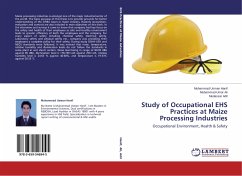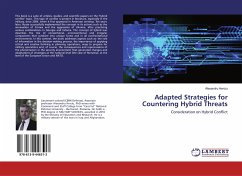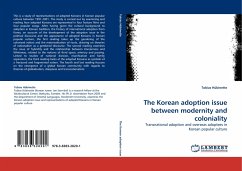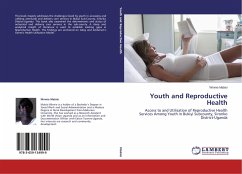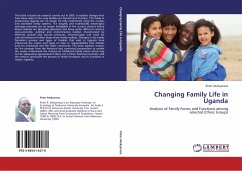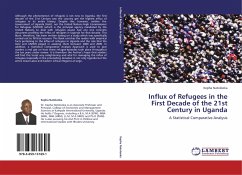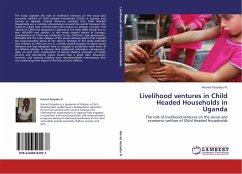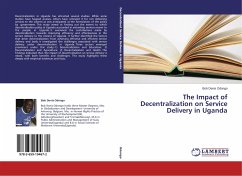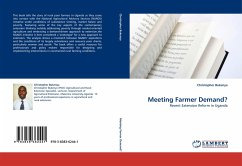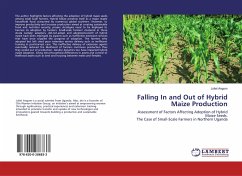
Falling In and Out of Hybrid Maize Production
Assessment of Factors Affecting Adoption of Hybrid Maize Seeds. The Case of Small-Scale Farmers in Northern Uganda
Versandkostenfrei!
Versandfertig in 6-10 Tagen
27,99 €
inkl. MwSt.

PAYBACK Punkte
14 °P sammeln!
The author highlights factors affecting the adoption of hybrid maize seeds among small scale farmers. Hybrid Maize presents itself as a major staple household food consumed by numerous global southern. However, to improve productivity and increase production aimed at creating sustainable food and nutrition security, proper strategies need to be deployed to harness its adoption by farmers. Small-scale farmers' clustered in three strata namely: adopters, did-not-adopt and adopted-but-left of hybrid maize have been impinged by aspects such as ineffective extension services that have since cripple...
The author highlights factors affecting the adoption of hybrid maize seeds among small scale farmers. Hybrid Maize presents itself as a major staple household food consumed by numerous global southern. However, to improve productivity and increase production aimed at creating sustainable food and nutrition security, proper strategies need to be deployed to harness its adoption by farmers. Small-scale farmers' clustered in three strata namely: adopters, did-not-adopt and adopted-but-left of hybrid maize have been impinged by aspects such as ineffective extension services that have since crippled the progress of adoption. The farmers who adopted but left cited poor extension service delivery such as inefficient training in post-harvest care. This ineffective delivery of extension agents eventually reduced the likelihood of farmers continues production thus they opted out of production. Gender dynamics too have impacted hybrid maize adoption. Citing Intra-Household differences in assets and control of livelihood assets such as land and housing between males and females.



